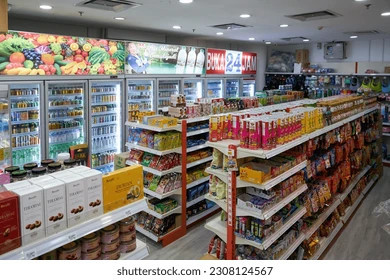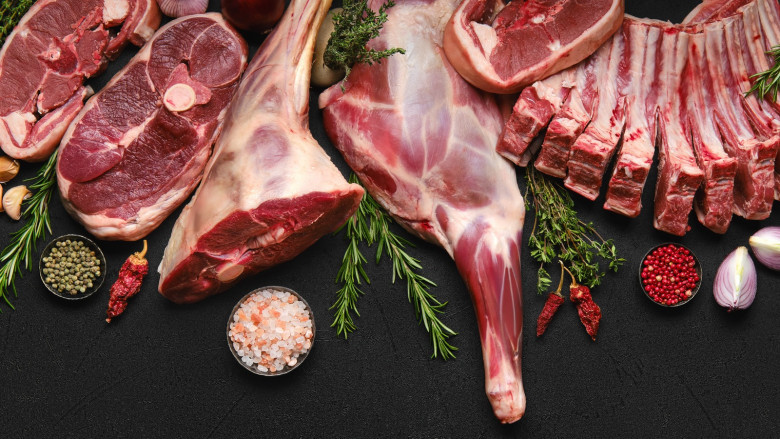views
Tokyo, a city synonymous with culinary excellence and innovation, is undergoing a remarkable transformation in its gastronomic landscape. While traditionally challenging for Muslim travelers and residents due to dietary restrictions, the Japanese capital is rapidly emerging as a burgeoning hub for Tokyo halal restaurant dining, driven by an increasing Muslim population and a surge in Muslim tourism. This evolution is reshaping not only the restaurant scene but also the availability and understanding of halal meat throughout the city.

The Rise of Halal Restaurants in Tokyo
Today, Tokyo boasts a diverse and expanding array of halal restaurants, offering everything from traditional Japanese dishes to international cuisines. This shift is a testament to the adaptability and hospitality of Japanese businesses. Areas like Shibuya, Asakusa, Shinjuku, and Ginza have become focal points for halal eateries, with new establishments continually opening their doors.
The Importance of Halal Meat
Central to the growth of halal dining in Tokyo is the increasing availability of halal meat. For food to be considered halal, the animal must be slaughtered according to Islamic rites (Dhabihah), and pork and alcohol, along with their by-products, are strictly forbidden. This requires a dedicated supply chain and careful handling.
In Tokyo, the sourcing of halal meat has become significantly easier. Dedicated halal grocery stores and online platforms are now commonplace, offering a wide range of halal-certified beef, lamb, chicken, and other meats. Stores like Tokyo Camii Halal Market (located within Japan's largest mosque), Halal Tokyo Kaliber, and online retailers such as Sonali Halal Food & Cafe and JB HALAL FOOD provide essential access to these products for both consumers and restaurants. This development has empowered Muslim residents to cook halal meals at home and has allowed more restaurants to offer genuinely halal options.
The availability of halal meat also signifies a growing partnership between Japanese businesses and halal certification bodies. These bodies play a crucial role in ensuring that the meat adheres to strict Islamic guidelines, from slaughter to processing and packaging. While challenges related to certification standards and misconceptions about halal still exist, significant progress has been made in establishing a reliable halal meat infrastructure.
Challenges and the Path Forward
Despite the significant strides, the halal food industry in Japan still faces certain challenges. A lack of standardized internal halal certification prior to meant inconsistencies, and some businesses still operate with "Muslim-friendly" labels that may not fully meet strict halal requirements. Educating both consumers and businesses about the nuances of halal certification remains crucial. Furthermore, while Tokyo has a robust halal scene, finding options in more rural areas of Japan can still be difficult.
However, the future looks bright. The Japanese government, recognizing the economic potential of Muslim tourism, has actively promoted halal initiatives. Visa relaxations for travelers from Muslim-majority countries have further fueled demand. Social media also plays a vital role, with Muslim travelers and residents sharing their positive experiences and helping to spread awareness about halal options.
























Comments
0 comment